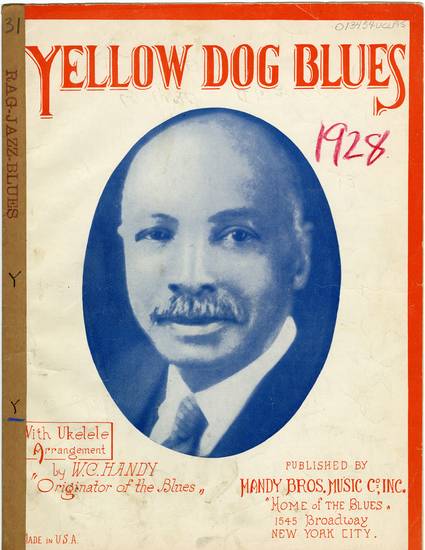
Article
“Ripped Spike, Tie and Rail from its Moorings’: Racial Reconciliation, Public History, and the ‘Yellow Dog’ of the Mississippi Blues Trail.”
The Public Historian
(2020)
Abstract
Using local newspapers and tracing the origins of several stories about the development of the sobriquet “Yellow Dog,” this essay demonstrates how the heritage trail markers erected in Moorhead, Mississippi, silence the origins of the term in the suffering of African American men and women who worked in the rolling convict lease camp that built the “Yellow Dog” railroad through the Great Swamp. The marker’s text instead forwards a dubious debate over the term’s origins, excluding its true beginnings in the experiences of African Americans. The heritage trail markers at Moorhead are only one of the examples of how professional state consultants and the Delta Center for Culture and Learning promote racial division—not reconciliation—through erasure of the African American past.
Keywords
- blues tourism,
- Mississippi Blues Trail,
- Moorhead,
- Mississippi,
- The Yellow Dog Blues
Disciplines
Publication Date
May, 2020
DOI
https://drive.google.com/file/d/1pn-JVeAvsTuFFQKvOzgh2cKeLSUwQUja/view
Citation Information
T. DeWayne Moore, “Ripped Spike, Tie and Rail from its Moorings’: Racial Reconciliation, Public History, and the ‘Yellow Dog’ of the Mississippi Blues Trail," The Public Historian 42:2 (May 2020): 56-77.
Creative Commons license

This work is licensed under a Creative Commons CC_BY International License.
